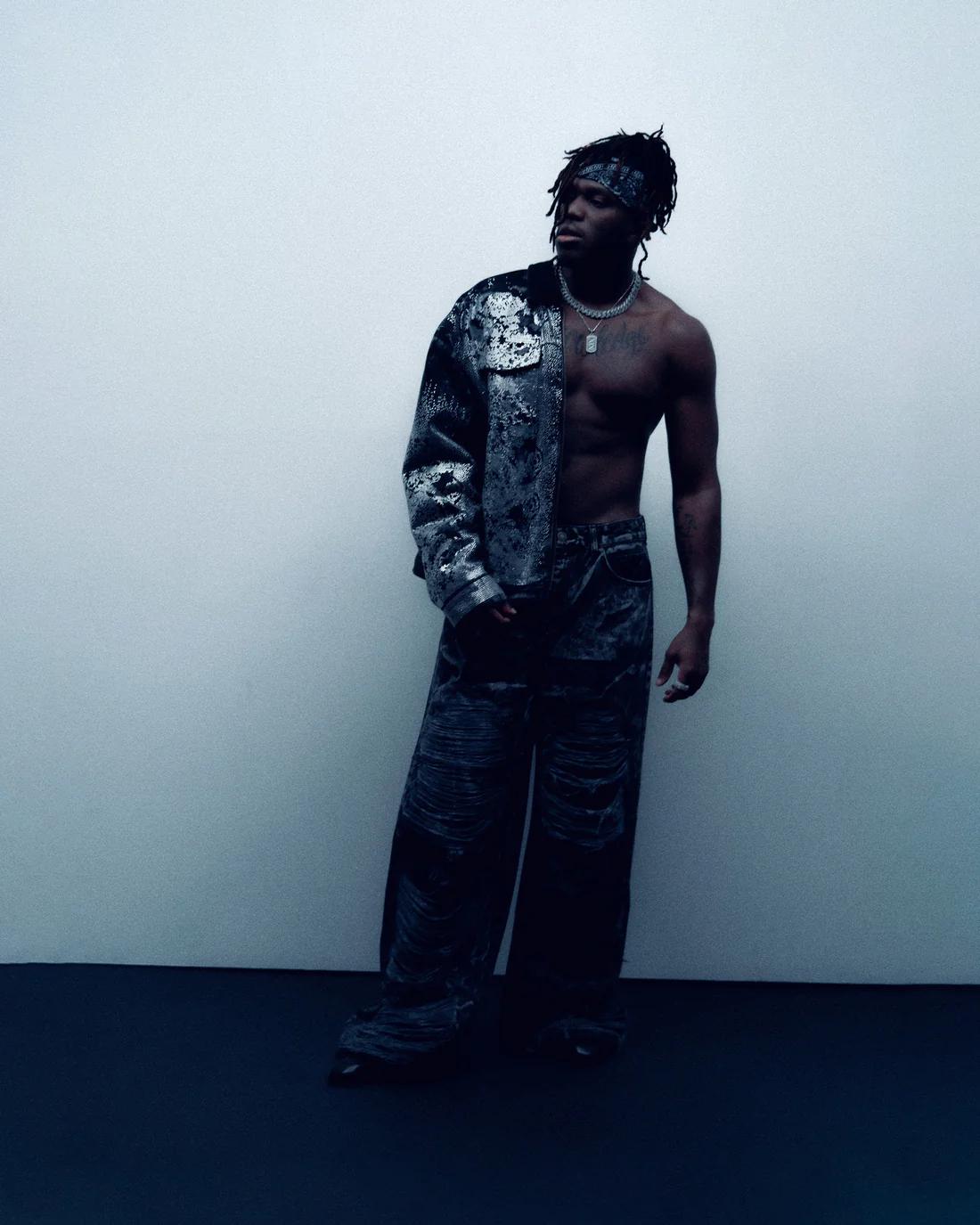Types of Podcasts: Which One Is Right for You?
.avif)
In the world of podcasting, the power of a good format cannot be underestimated.
It's the backbone of your show—a key factor that can determine your podcast's success. From driving traffic to your profile to sharing your perspective, the kind of podcast you choose to create can make or break your content strategy. But how do you select the format that best aligns with your goals, interests, and audience? In this comprehensive guide, we'll explore the various types of podcasts available to creators and arm you with the insight to make an informed choice.
Why You Need to Choose a Podcast Structure Early
Before we deep-dive into the types of podcasts available, it's important to understand why your podcast's format should be a priority decision.
Your Podcast Format Needs to Align with Your Goals
Are you aiming to establish thought leadership in your industry, or do you seek to offer light entertainment to a dedicated fan base? Different podcast formats cater to varying objectives, and choosing one that aligns with your end goal is essential.
You Need to Ensure You Can Keep Up with the Workload
Certain formats, like interview-style podcasts, might require substantial time for guest curation and post-production editing. If time is a luxury you don't have, a simpler format might be more suitable.
A Consistent Podcast Style Creates a Strong Value Prop for New Listeners
Your format is one of the first impressions potential listeners will have of your show. Consistency in your approach builds trust and gives your audience a clear understanding of what they can expect from your content.
Now, onto the types of podcasts you might consider:
1. Interview-Style Podcasts
A classic format that involves the host conducting interviews with guests. This style is perfect for showcasing expertise, providing varied perspectives on a specific theme, and offering value to listeners through the expertise of your guests.
Characteristics and Advantages
- Expertise Sharing: If you're aiming to associate your brand with thought leadership, discussions with industry experts can do wonders for your reputation.
- Scalability: With guests sharing the content promotion load, interview-style podcasts can be easier to manage as your network grows.
- Audience Growth: Each guest brings their own audience, potentially broadening your reach with each episode.
Case Study: Amelia Dimoldenberg
Best known for the Award-winning Chicken Shop Date series, comedian and presenter Amelia Dimoldenberg catapulted into the mainstream spotlight through her interviews with global superstars.

2. Roundtable Podcasts
Featuring a group of regular hosts and often involving special guests, a roundtable discussion is ideal for exploring various viewpoints on a shared topic.
Characteristics and Advantages
- Dynamic Discussions: The interplay of multiple perspectives makes the content engaging and diverse.
- Entertainment Value: Listeners are drawn to the group's chemistry and the energy these interactions bring to the podcast.
- Depth and Complexity: Roundtables can provide a comprehensive view of complex topics that might require extensive debates.
This format is excellent for content that benefits from a deep-dive analysis and hearing different sides of the story.
3. Solo Podcast
For creators who want complete control over the content and delivery, solo podcasts are a one-person show. It allows for in-depth exploration of a topic or the host's personal narratives.
Characteristics and Advantages
- Complete Control: Solely responsible for content, solo podcasters enjoy complete creative freedom.
- Easier Logistics: You only need to rely on yourself for scheduling and production, simplifying the process.
- Direct Connection: It can create a more personal connection with your audience.
For the content creator who has a strong voice and plenty to say, solo podcasts can be both a platform for self-expression and a powerful way to engage with an audience on a personal level.
4. Conversational / Co-Host Podcasts
A more casual and intimate format where hosts and co-hosts engage in open discussions, often about personal experiences or niche interests.
Characteristics and Advantages
- Authenticity: Conversational podcasts often feel more authentic and can foster a strong connection with listeners.
- Versatility: A conversational format allows for a wide range of topics without a specific structure, making it dynamic and adaptable for various content types.
- Community Building: The back-and-forth nature of this format can create a community around your podcast.
Case Study: ShxtsNGigs
Popular for their viral segments and unfiltered opinions on all things from relationships, and popular culture, ShxtsNGigs podcast embodies the intimate and relatable elements of the conversational format.

How to Pick Your Perfect Podcast Format
Now that you've seen the different podcast formats and their respective advantages, it's time to choose the one that resonates with you.
Think About How You Want to Use Your Podcast as a Platform
Are you looking to use your podcast as a tool for networking, personal branding, or lead generation for your business? Your platform's goals should influence your choice of format.
Ask Your Audience What They Want to Listen To
Engage with your audience through surveys or social media to discover their preferences. Listening to their feedback can guide your decision-making process.
Check Out the Competition
Research other podcasts in your niche and analyze what's working for them. Consider how you can differentiate yourself within the same space.
Consider Your Strengths
Assess your skills and consider which format allows you to leverage them effectively. For instance, if you're a great conversationalist, a co-hosted podcast might be your sweet spot.
Be Realistic About the Workload You Can Manage
Consider the amount of time and effort you can realistically commit to your podcast. While certain formats might be more appealing, they can also be more demanding in terms of preparation and production.
Conclusion
Your podcast format defines the experience your listeners will have. It's more than just a technical detail; it's a strategic decision that can impact every aspect of your content and your relationship with your audience. By following the guidelines and considering the insights provided in this guide, you can confidently choose the podcast format that's right for you. Remember, whatever structure you settle on, consistency and authenticity are key to building a loyal listener base. Now, go forth and start casting your voice into the boundless auditory realm of podcasting.
MORE FROM THE FEED
UNLEASH THE POWER OF CREATOR





